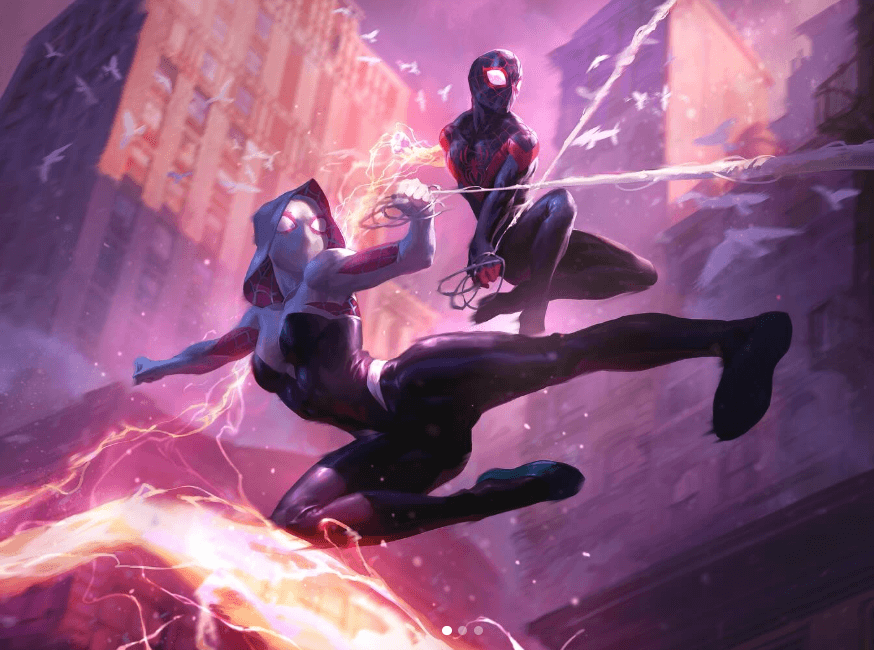
As Magic: the Gathering players, we’re always adapting to new mechanics, but Pick Two Draft from the upcoming Marvel’s Spider-Man set has raised more eyebrows than usual. Unlike traditional Limited, where you select one card per pack, this format has you pick two cards at a time.
At first glance, it seems like a fun twist to speed up drafting and create more synergy-based decks. But as competitive players know, the devil is always in the details. Will this format actually hold up under the scrutiny of a serious Limited event?
The first big concern is balance. In a regular draft, signaling and reading signals are core skills that define good drafters. Pick Two changes the dynamic completely by letting players snap up pairs of cards that were designed to work together, meaning synergies are easier to assemble. This creates higher-variance decks and could reduce the reward for careful navigation of the draft table—a key element that makes Limited both competitive and skill-intensive.
Another issue is the speed and complexity of decision-making. While drafting two cards per pick might sound quicker, it actually demands more calculation. You’re no longer just evaluating the single best card in a pack, but also weighing combinations, curve considerations, and synergy payoffs in real time. For casual play, this can be exciting, but in a tournament setting, where every decision matters, it may increase pressure and lead to analysis paralysis.
There’s also the question of card pools and archetypes. Pick Two inherently increases deck power levels, since drafters are able to grab multiple playables at once. This raises concerns about whether certain archetypes will consistently dominate, especially if the format favors aggressive strategies that can capitalize on tightly built synergies. If every deck ends up being a streamlined powerhouse, the format risks losing diversity—the lifeblood of competitive Limited.
That said, there’s still room for optimism. Wizards may have designed Pick Two with balance in mind, ensuring archetypes don’t spiral out of control. Innovation in Limited isn’t a bad thing; it forces players to rethink their habits and adapt to new challenges.
Ultimately, whether Pick Two Draft succeeds in competitive play will depend on testing, iteration, and whether players find that the balance between fun and fairness holds up. As a competitive player, I’m cautiously intrigued—but I’ll be entering my first Pick Two pod with a sharp eye on whether skill expression still outweighs variance.
Thanks for reading.
